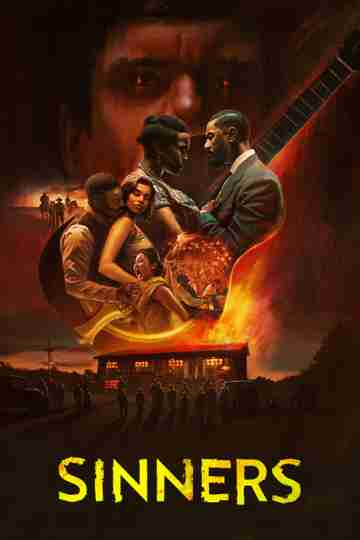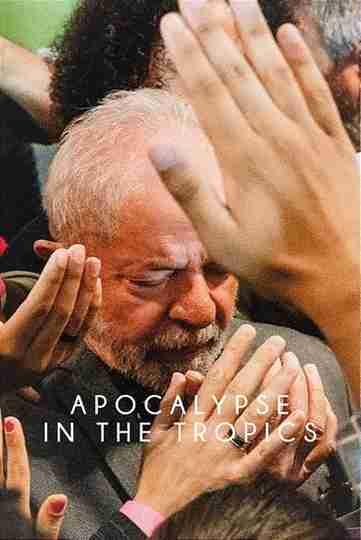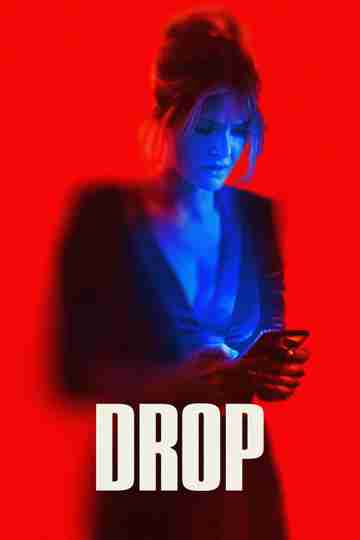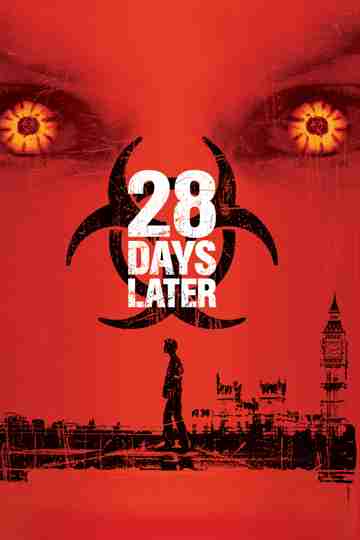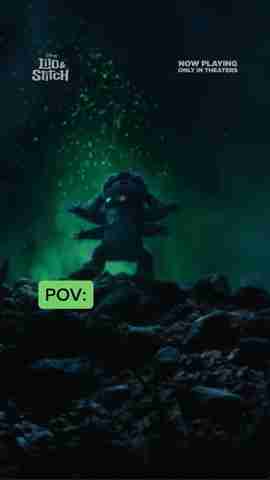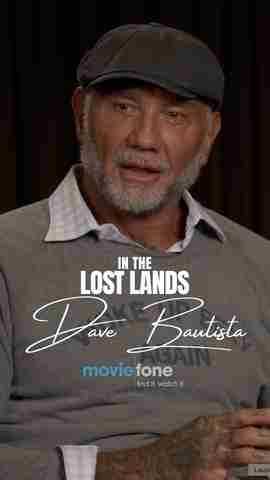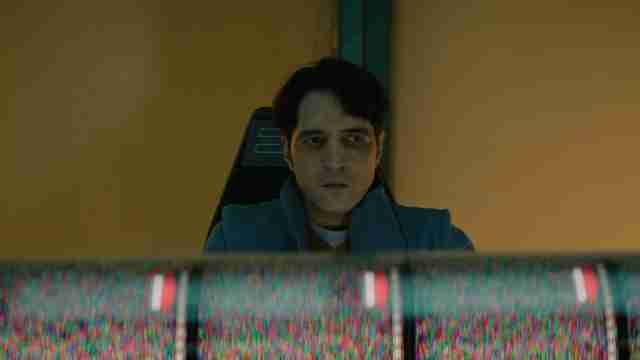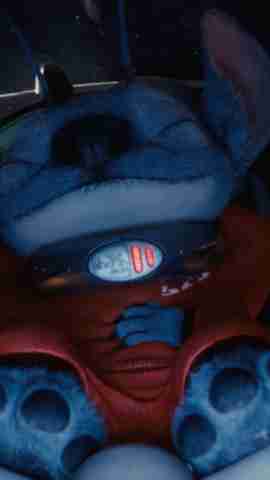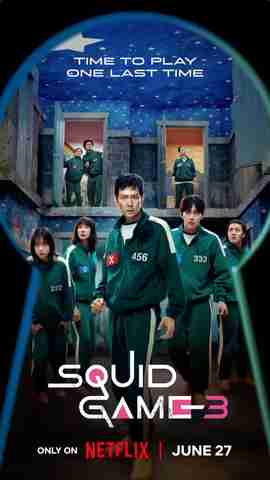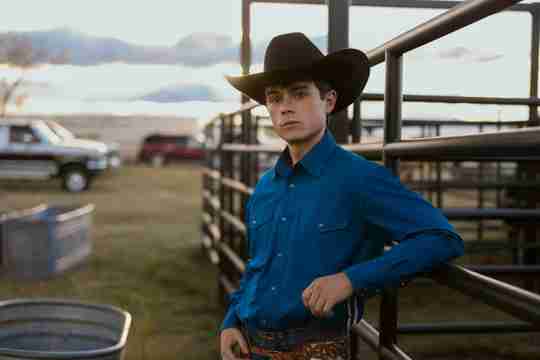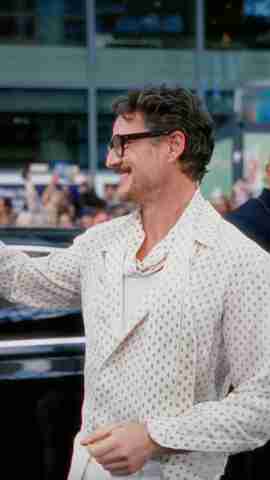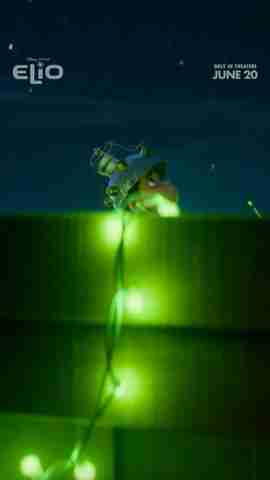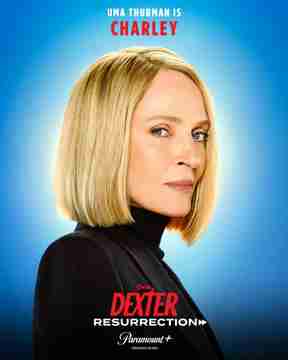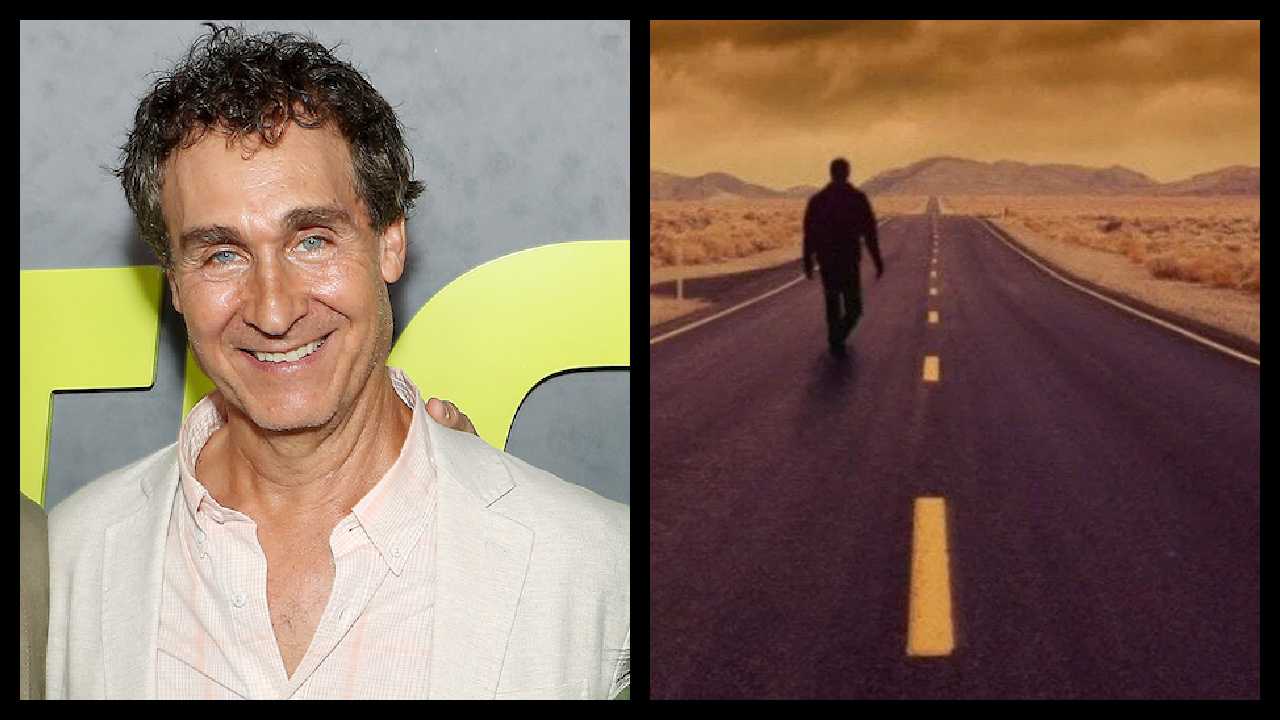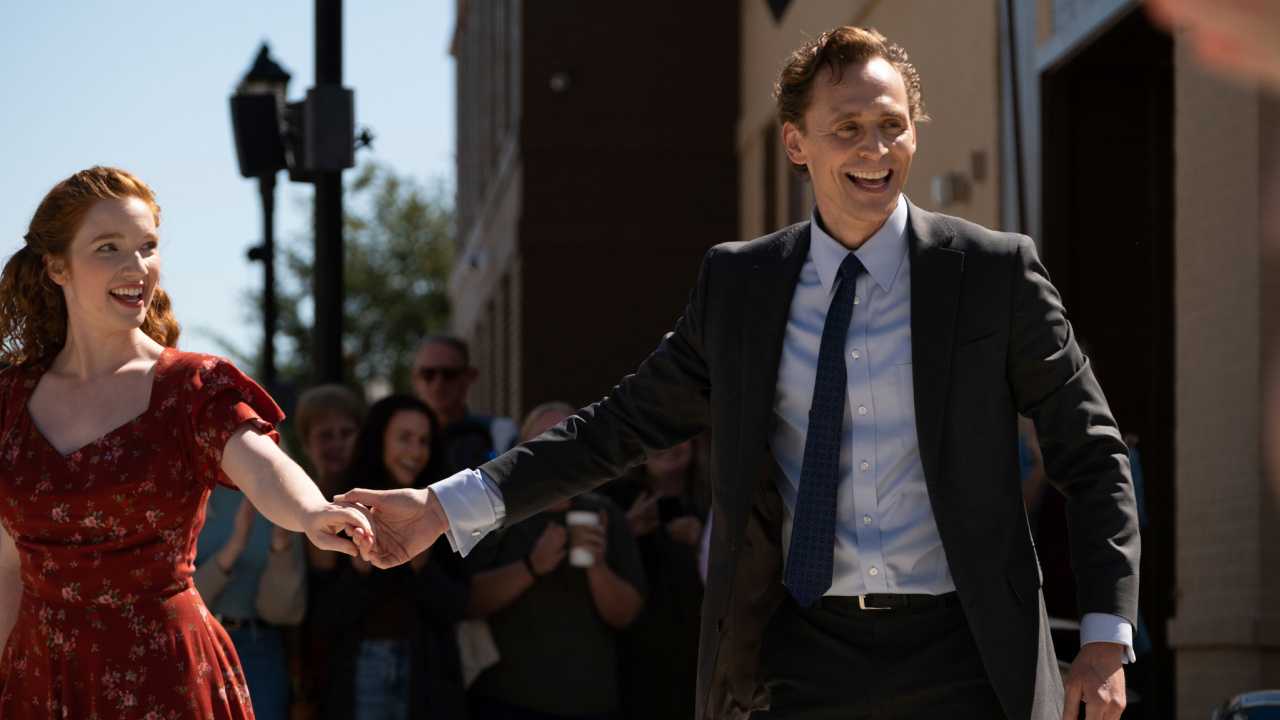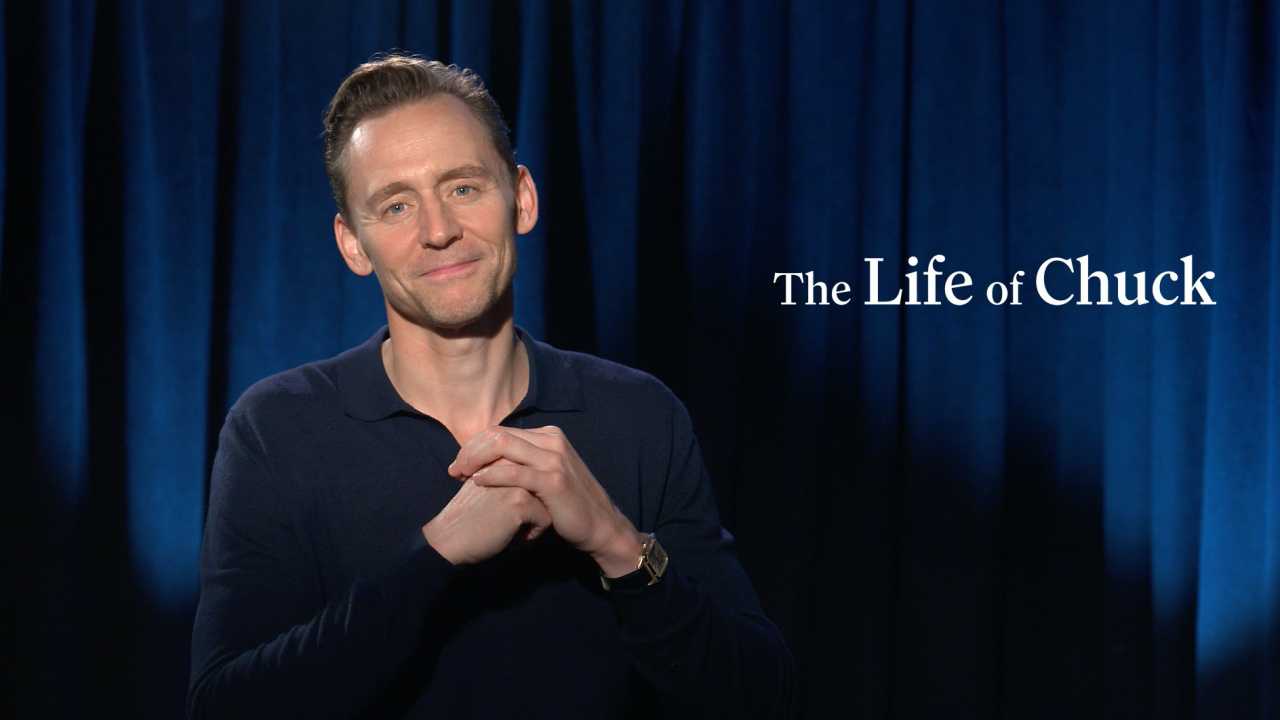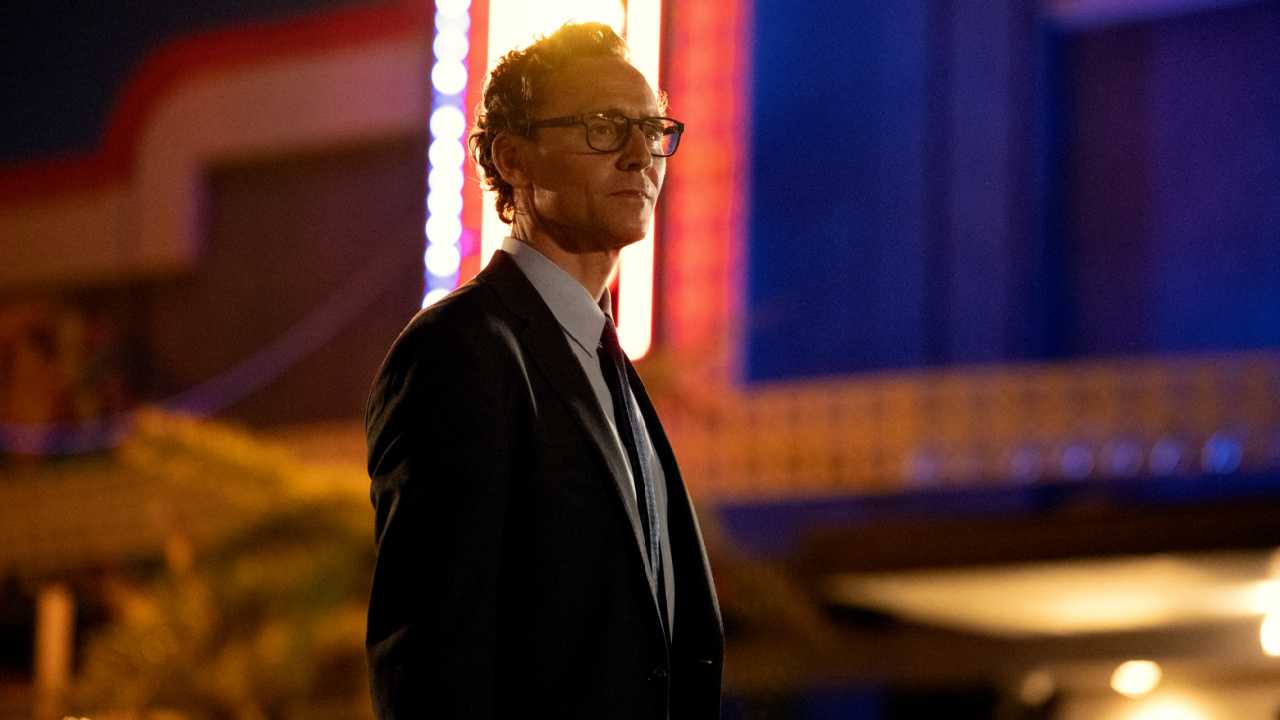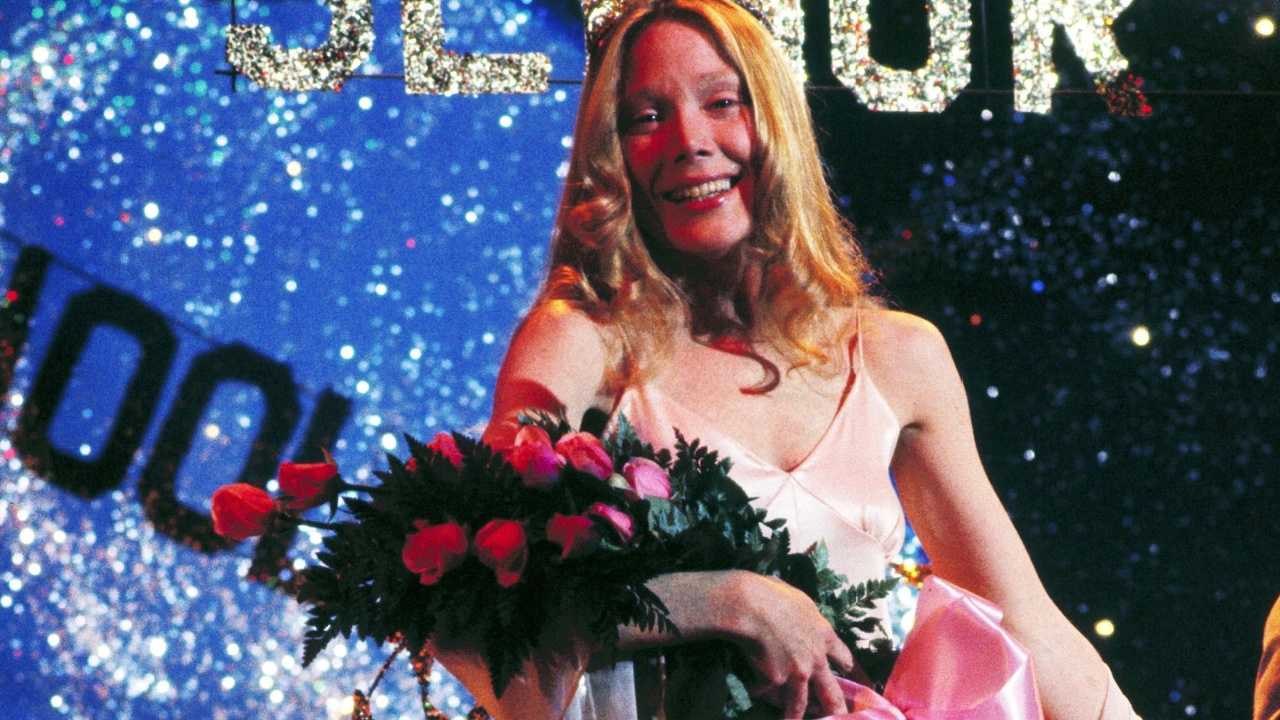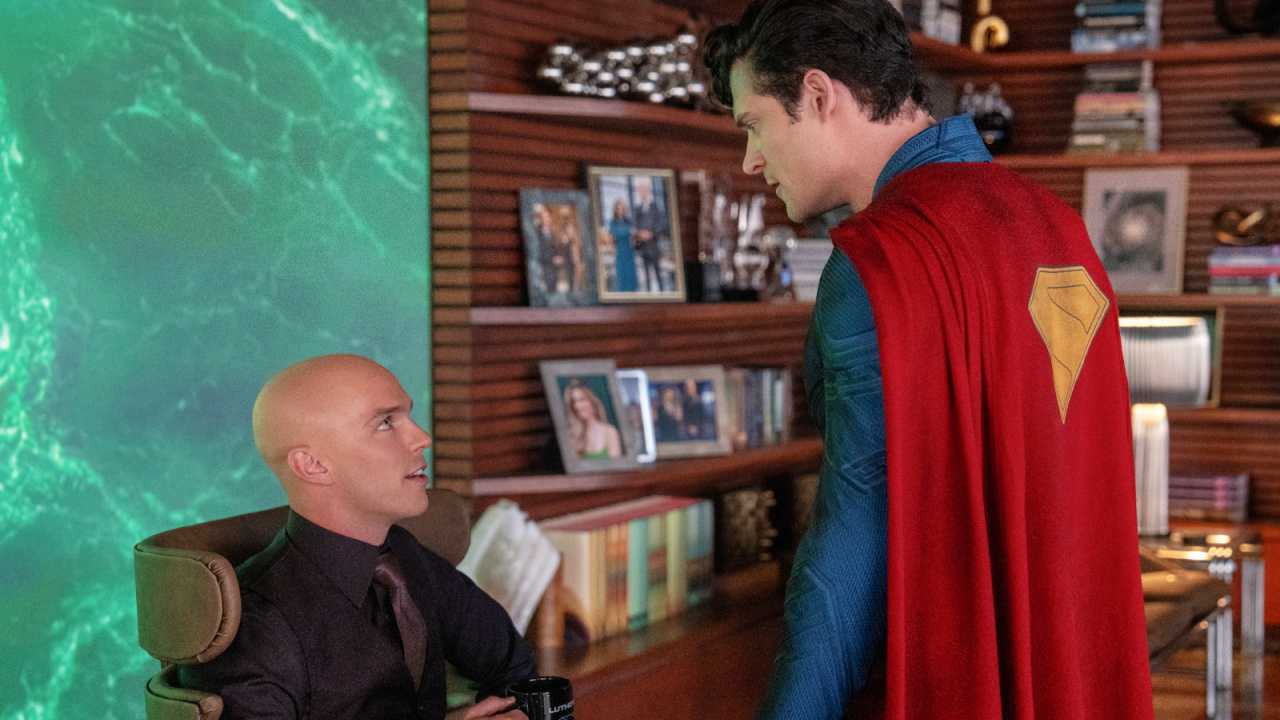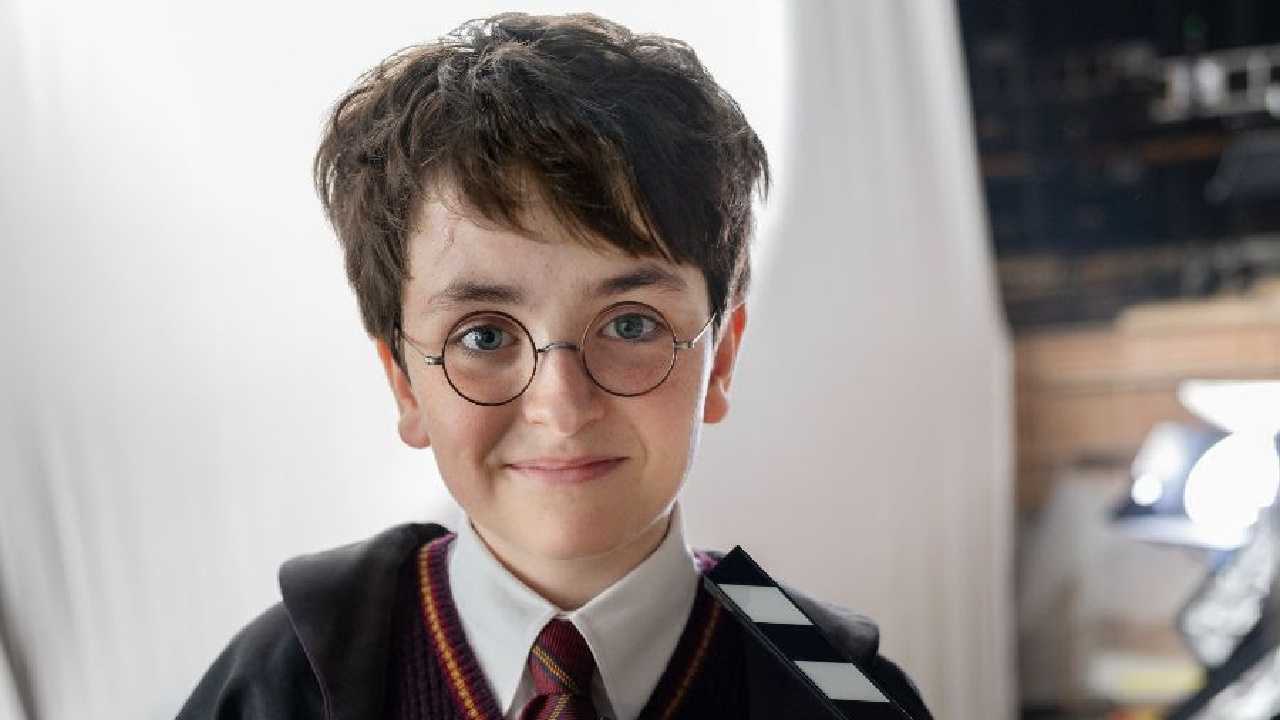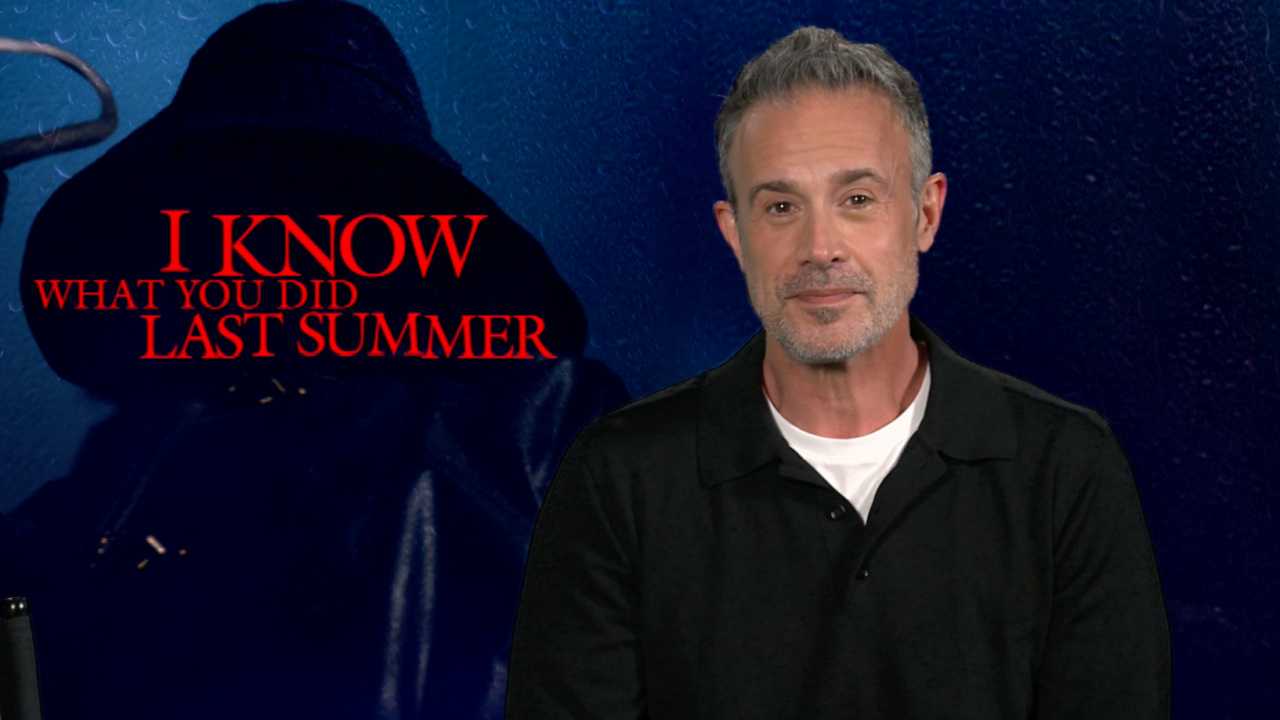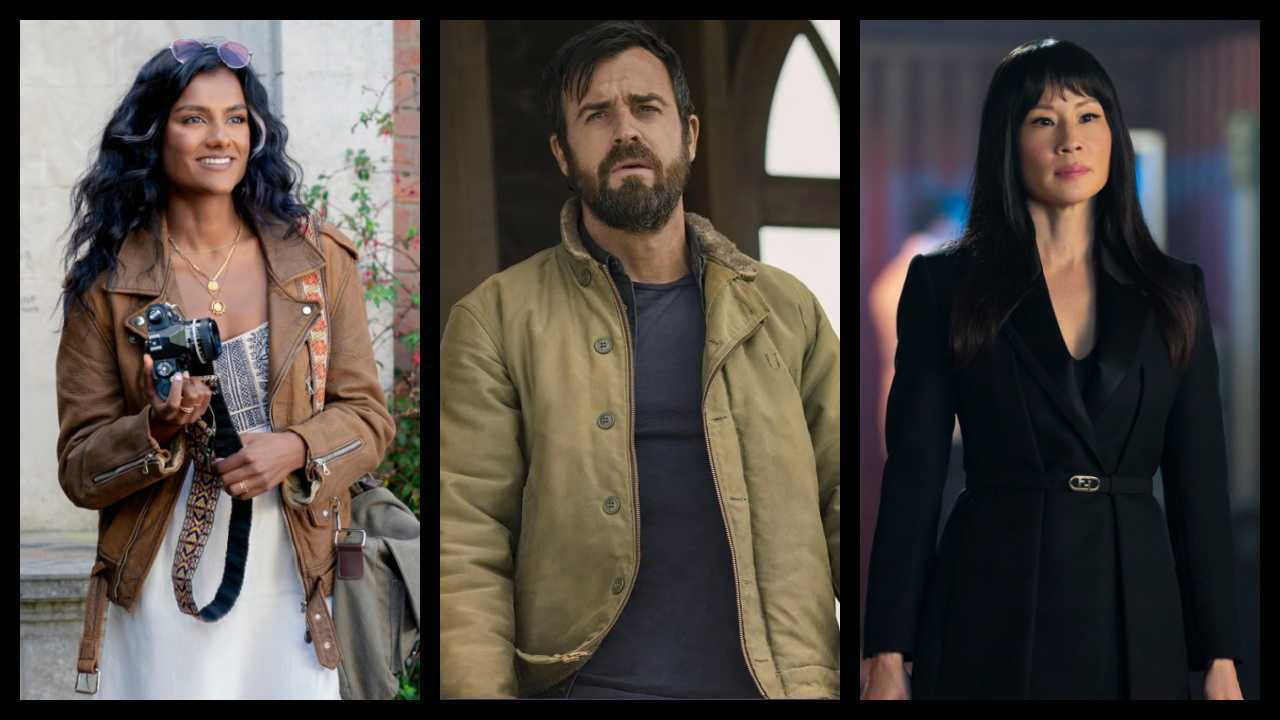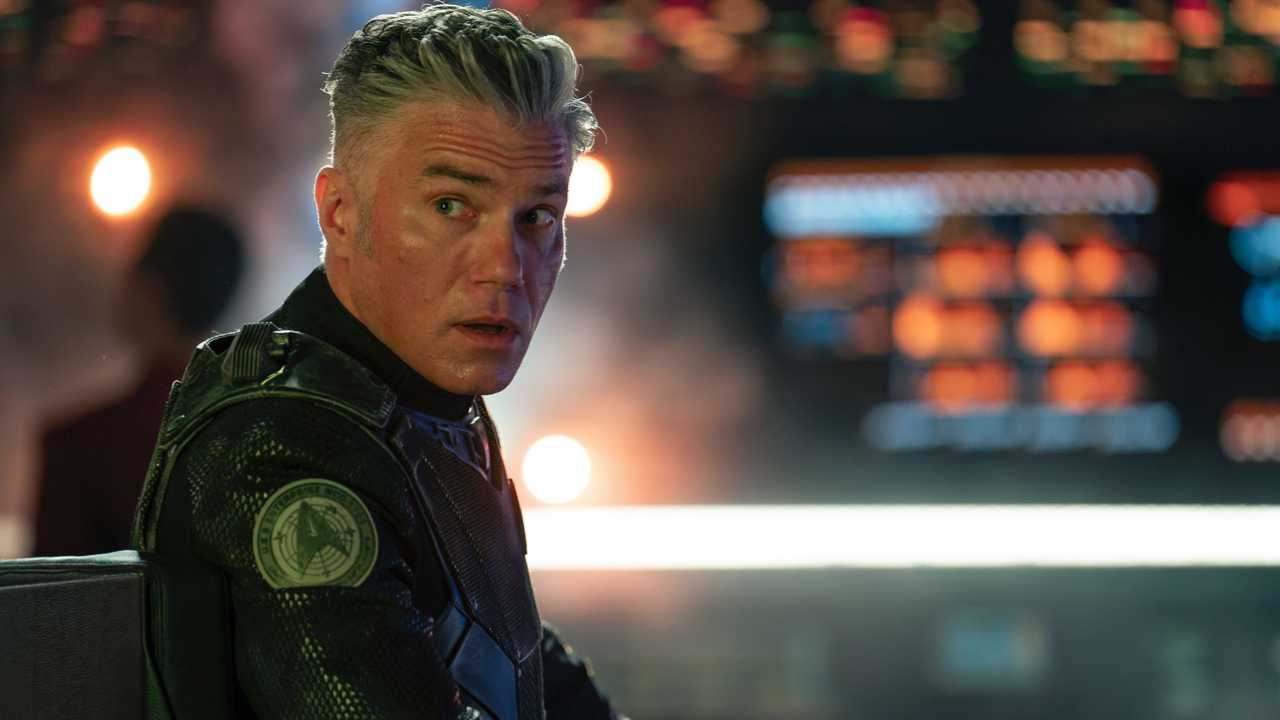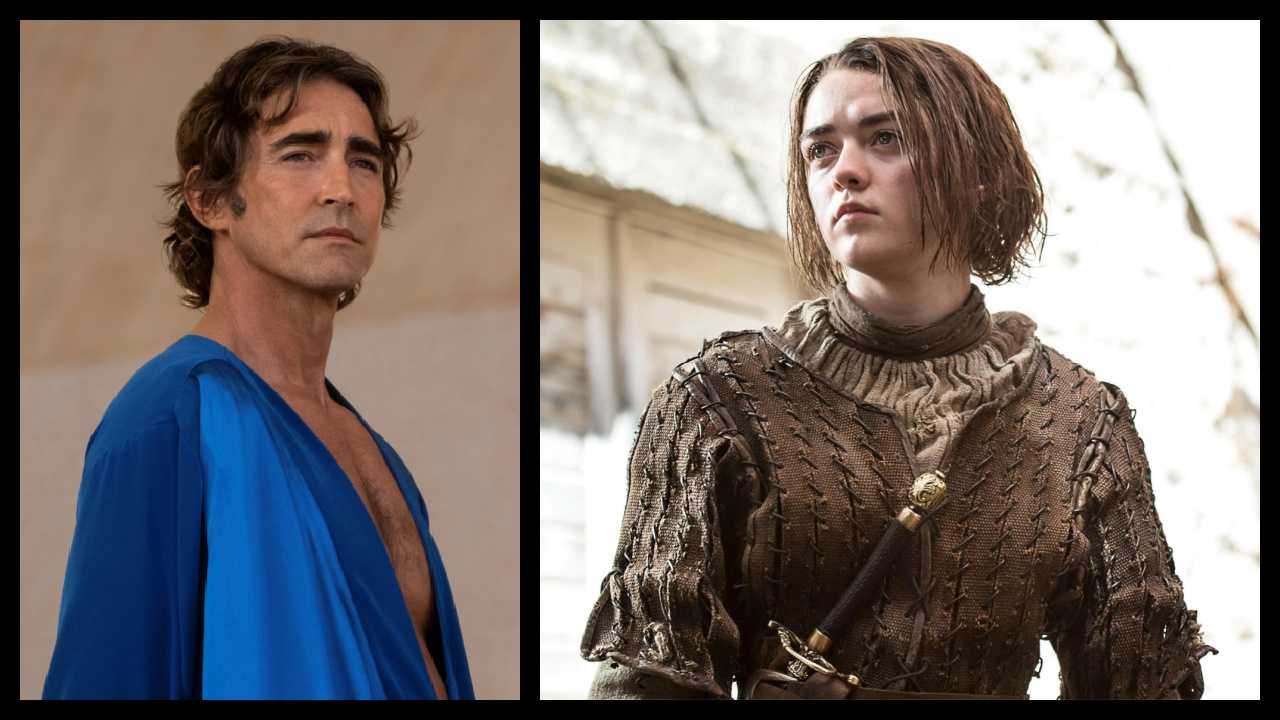How 'Castle Rock' Could Become Every Stephen King Fan's New TV Obsession
There were a great many things we found infuriating about 2017’s big screen version of Stephen King’s breathless series-starter “The Dark Tower.” What was once planned as an ambitious, multimedia saga that would seamlessly be explored on television, cinemas, and the Internet -- that had once attracted creative luminaries like J.J. Abrams, Damon Lindelof, and Ron Howard wound up a limp, 95-minute trifle directed by a Danish filmmaker you’ve probably still never heard of (for the record, his name is Nicolaj Arcel).
But maybe the most egregious offense that the “Dark Tower” adaptation brought against humanity was the fake implication that it’d be the lynchpin of a vast, interconnected King universe. That’s how it is in the book, with everything from “Insomniac” to “The Stand” connected, through various channels and corridors, to the centralized supernatural world of “The Dark Tower.”
There were some very obvious Easter eggs that the marketing team began sprinkling into early trailers (giant Saint Bernard! Plymouth Fury!), and there was even an online piece designed to insinuate that “The Dark Tower,” in all of its half-assed glory, would somehow unlock everything from “The Shining” to “Carrie” to “It.” (Sony, the studio behind the movie’s release, pulled that online piece; perhaps due to the rather dicey nature of the copyrights and licensing agreements.)
To be blunt, “The Dark Tower” never did what it claimed it would; there was nothing to suggest that the film was the hub that the other King adaptations naturally spun off from. And it didn’t give some kind of contextual umbrella for those things either. There was nothing, in text or subtext, to suggest that “The Dark Tower” was a true adaptation of King’s self-described magnum opus. Instead, it was just a very lousy movie.
But that doesn’t mean there can’t be a project that doodles in the margins of King’s imagined universe and tries to, at least partially, marry some of these properties into a cohesive narrative and thematic whole. Welcome to “Castle Rock.”
Hulu’s new original series, and arguably one of its splashiest, is “Castle Rock.” According to the credits, it’s based on “works written” by Stephen King, specifically those that involve the fictional town of Castle Rock, Maine. (It’s part of the triumvirate of fake towns that pop up time and time again in his fiction, along with Derry and Jerusalem’s Lot.)
In King’s works, Castle Rock is a place of nearly unending weirdness; it’s where a series of ritualistic killings took place in “The Dead Zone,” where a giant dog went on a rampage in “Cujo,” and where a devilish business owner set up shop in “Needful Things.” The town has been the central focus of almost a dozen short stories and novels; it is referenced in a dozen more. It helps establish a specific place and time and works wonderfully to link, geographically and otherwise, all of the stories that King tells.
For this new television series, “Castle Rock” seems to exist as a kind of vortex of evil. It opens with a feral, nameless inmate (Bill Skarsgard), who has been discovered stashed away underneath Shawshank State Prison (sound familiar?) A death-row attorney (Andre Holland), who once lived in the town, returns to uncover the mystery -- both of the inmate and his father’s murder, aired by sheriff Alan Pangborn (Scott Glenn).
If your Stephen King spidey sense is already starting to tingle, it’s with good reason -- Skarsgard played the killer clown in last year’s phenomenon “It,” Shawshank State Prison was the setting for the beloved “The Shawshank Redemption,” and Pangborn is a character in several King works (including "The Dark Half"), most notably played by Ed Harris in the underrated 1993 big screen adaptation of “Needful Things.” These kind of connections, both thematic and narrative, are littered throughout “Castle Rock.”
While plot details are being kept under wraps ahead of the premiere on Wednesday, but an early trailer referenced the events of “Cujo” and “The Dead Zone,” King MVP Sissy Spacek (who starred as the title character in the very first King adaptation, “Carrie”) and a character played by Jane Levy has the tantalizing last name of Torrance, which was the last name of the family in “The Shining.” Whether or not these connections have major implications or are merely glossy references remains to be seen, but even before the first episode has aired, the project has created an aura of mystery and connectivity that is hard to ignore.
With producer J.J. Abrams, a longtime admirer of King’s and, at one point, someone who attempted to tackle “The Dark Tower,” involved, you can believe that this has both the prestige and the nerd cred that it desperately needs.
In short: it’s a show that can both appease to newbies and die-hards and has the possibility to link the disparate worlds that King has created. And at the very least, it won’t be as bad as “The Dark Tower.” Woof.

